Cultivating Balance: How Hobbies
Enrich the Lives of Health Scientists
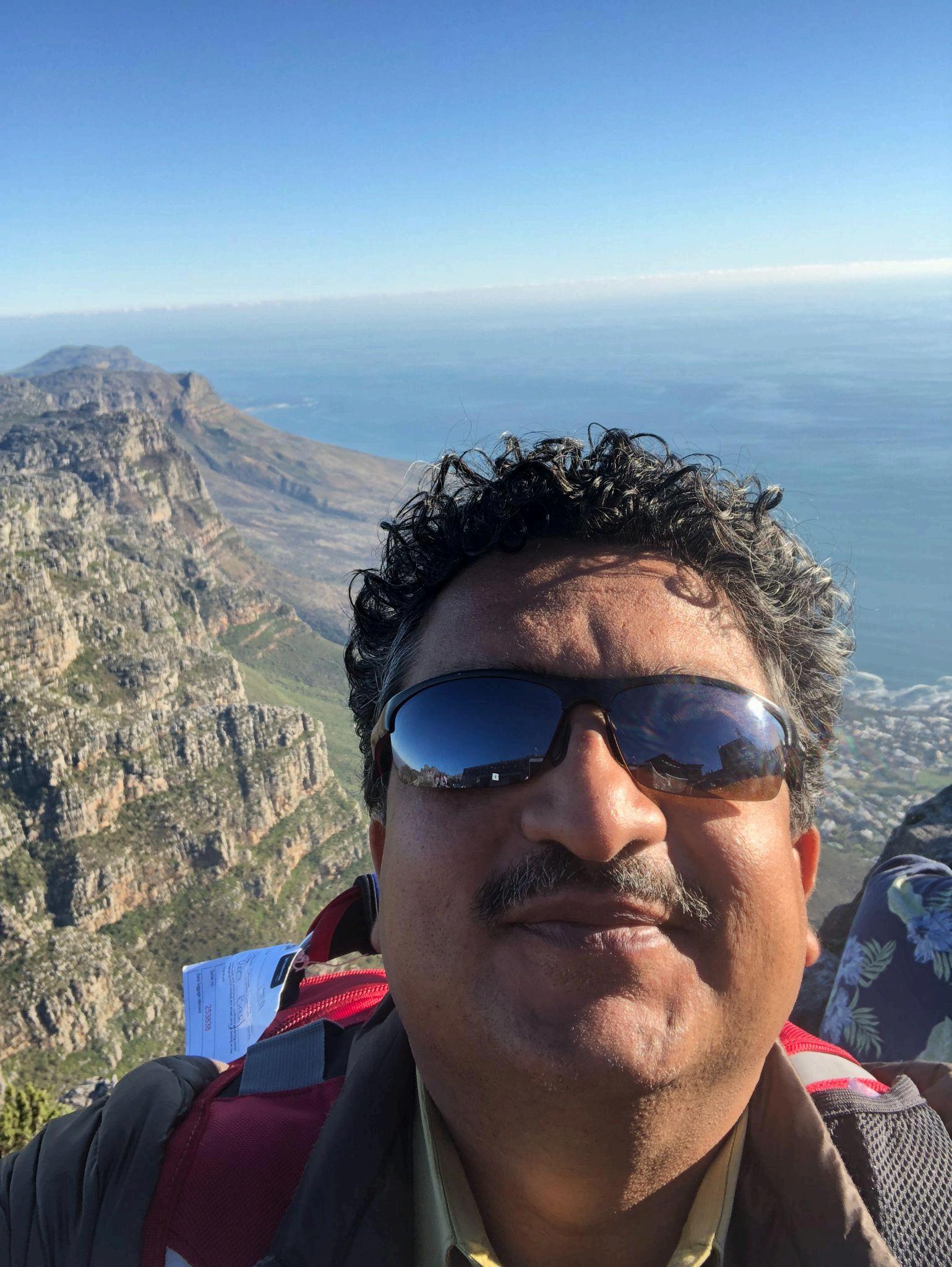
Isam Vaid believes that a career in health science often involves long hours, intellectual intensity, and the pressure of contributing to fields that directly impact public well-being While the work can be deeply fulfilling, the demands of research, data analysis, and constant problem-solving can lead to burnout if balance is not intentionally maintained. This is where
hobbies become indispensable For health scientists, engaging in personal pursuits outside the laboratory is more than a way to pass the time; it’s a vital practice for maintaining creativity, energy, and resilience
One of the most fulfilling hobbies for many health scientists is exploring the arts. Whether through painting, sculpting, writing, or playing a musical instrument, creative outlets engage parts of the brain that often remain dormant during research-heavy work. These activities foster expression without rigid expectations, allowing scientists to reset mentally Painting, for example, can nurture observational skills, while writing, whether journaling or storytelling, helps clarify thought processes and organize ideas. Such creative practices can even inspire fresh perspectives that prove helpful when approaching scientific challenges
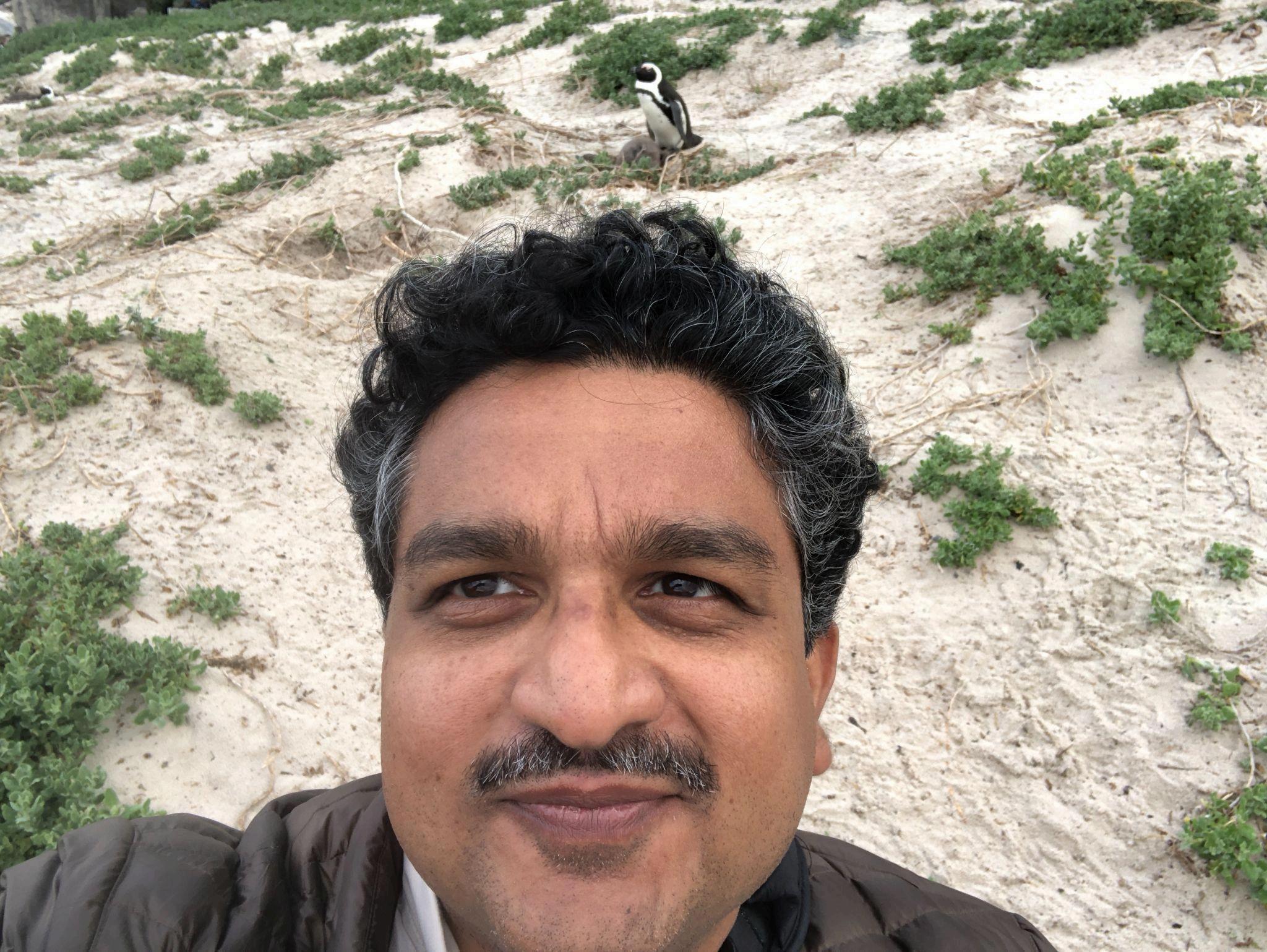
Physical activity is another key pillar of balance. Many health scientists spend large portions of their days seated at desks or workstations, which can take a toll on overall health Hobbies like running, hiking, swimming, or yoga not only build strength and endurance but also reduce stress and improve sleep quality. Outdoor pursuits such as cycling or trail walking provide the added benefit of exposure to nature, which has been shown to improve mood and mental clarity Physical hobbies allow scientists to clear their minds and return to work with renewed focus
Gardening is a particularly popular pastime among those in the health sciences because it mirrors so many aspects of their professional work. Tending to plants requires patience, observation, and problem-solving qualities that scientists already possess Beyond its practical benefits, gardening fosters a sense of accomplishment and connection to the natural world. Watching seeds transform into thriving plants provides a tangible reminder of the value of persistence, a lesson that often translates back into research projects
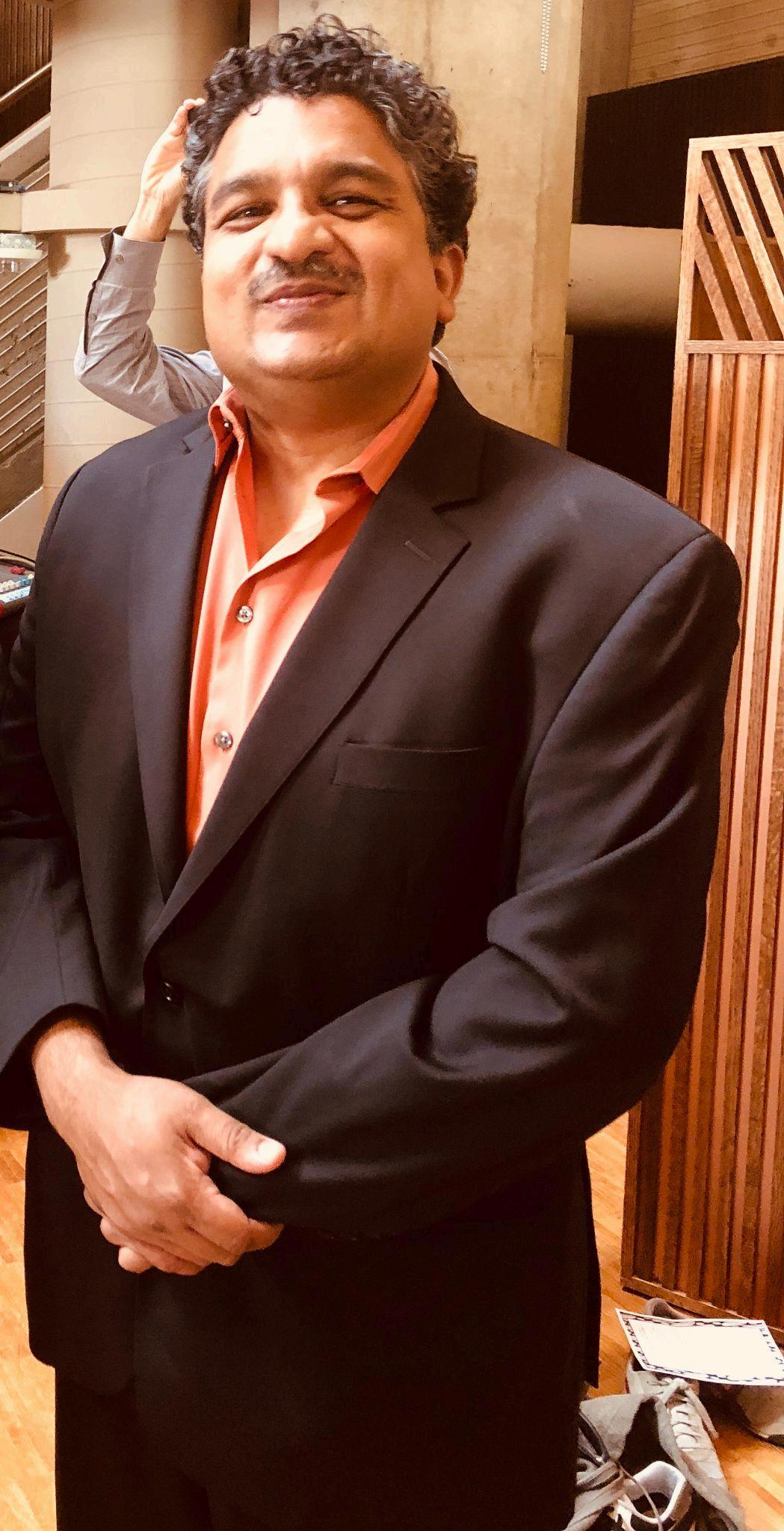
Cooking and culinary exploration also align naturally with the interests of health scientists
Experimenting with recipes, learning new cooking techniques, and exploring nutrition-focused dishes can be both enjoyable and educational. For those who study nutrition or metabolic health, the kitchen becomes a laboratory where scientific knowledge meets everyday practice
Cooking at home can promote healthier eating habits, provide an outlet for creativity, and offer an opportunity to share meals and connect with loved ones
Language learning is another rewarding hobby. For health scientists working in international collaborations or serving diverse populations, acquiring a new language can open professional doors and deepen cultural understanding. Even beyond practical benefits, studying a new language enhances cognitive flexibility and keeps the mind sharp. Similarly, traveling whether to new cities or remote destinations broadens perspectives and exposes scientists to different ways of living and thinking, reinforcing the interconnected nature of global health challenges.
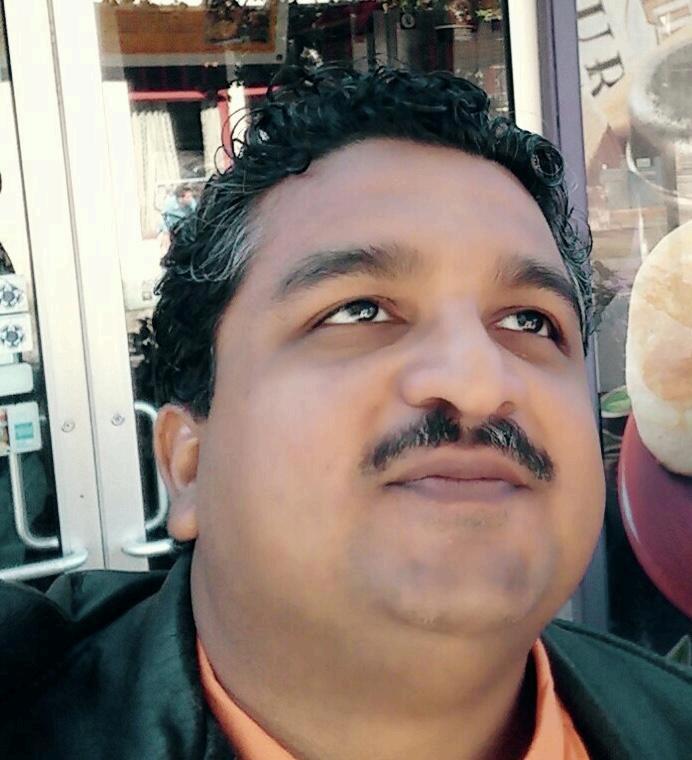
Volunteering and community engagement can also be profoundly enriching Many health scientists choose to mentor younger students, assist in outreach programs, or contribute to local health initiatives. These activities provide opportunities to connect with others, see the real-world impact of their expertise, and give back to their communities Volunteering offers fulfillment that complements the often abstract or data-driven nature of scientific work
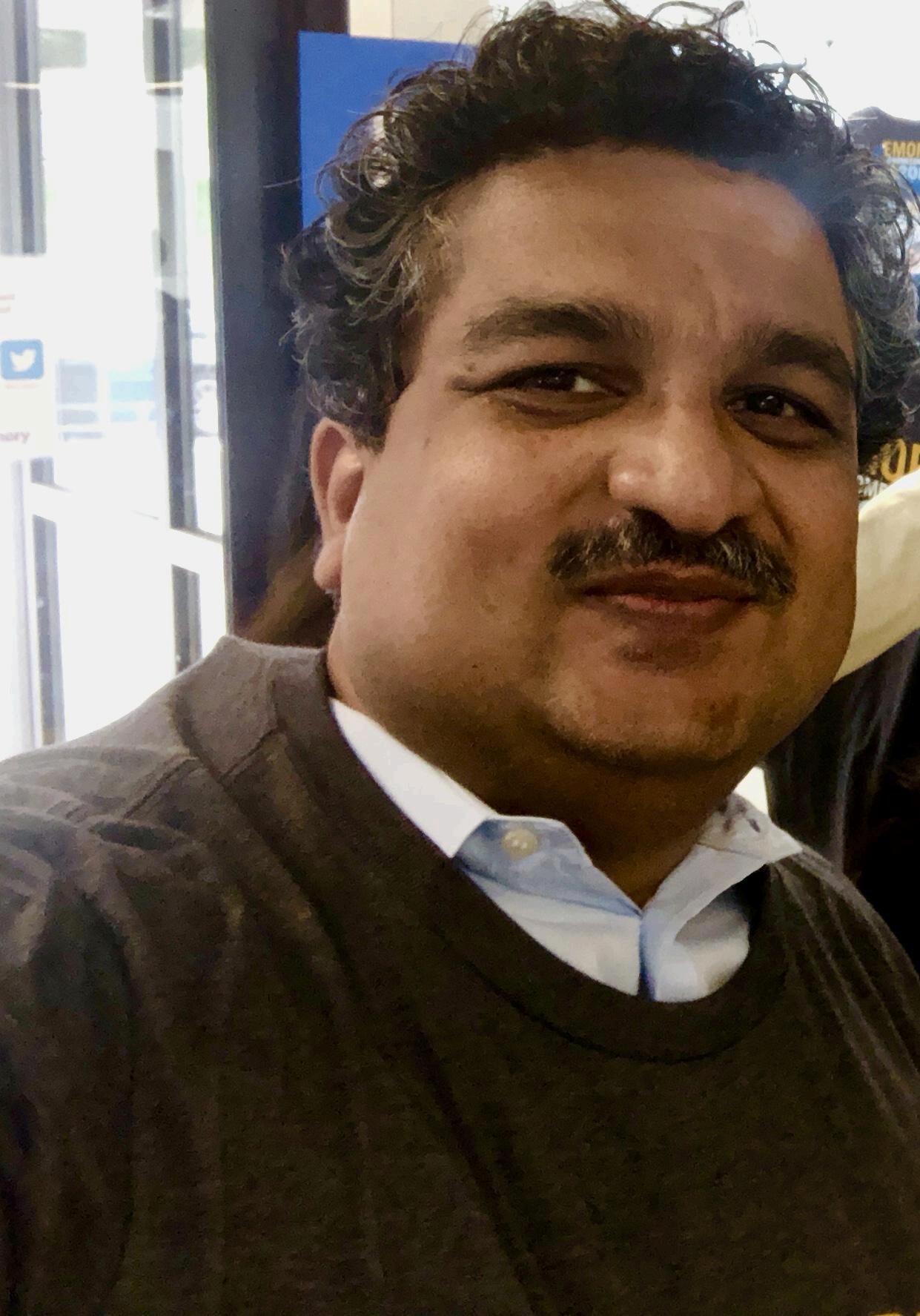
Mindfulness practices such as meditation, tai chi, or even quiet reading round out the spectrum of hobbies that benefit health scientists. These practices cultivate presence and focus, helping individuals manage the inevitable pressures of their profession Dedicating even a few minutes each day to mindful breathing or reflective journaling can improve concentration, reduce anxiety, and create space for thoughtful decision-making.
Incorporating hobbies into daily life is not an indulgence but an essential investment in personal well-being and professional effectiveness. By cultivating balance through creative, physical, and community-focused pursuits, health scientists can recharge their energy, enhance their perspective, and sustain the passion required to excel in their demanding yet impactful field
